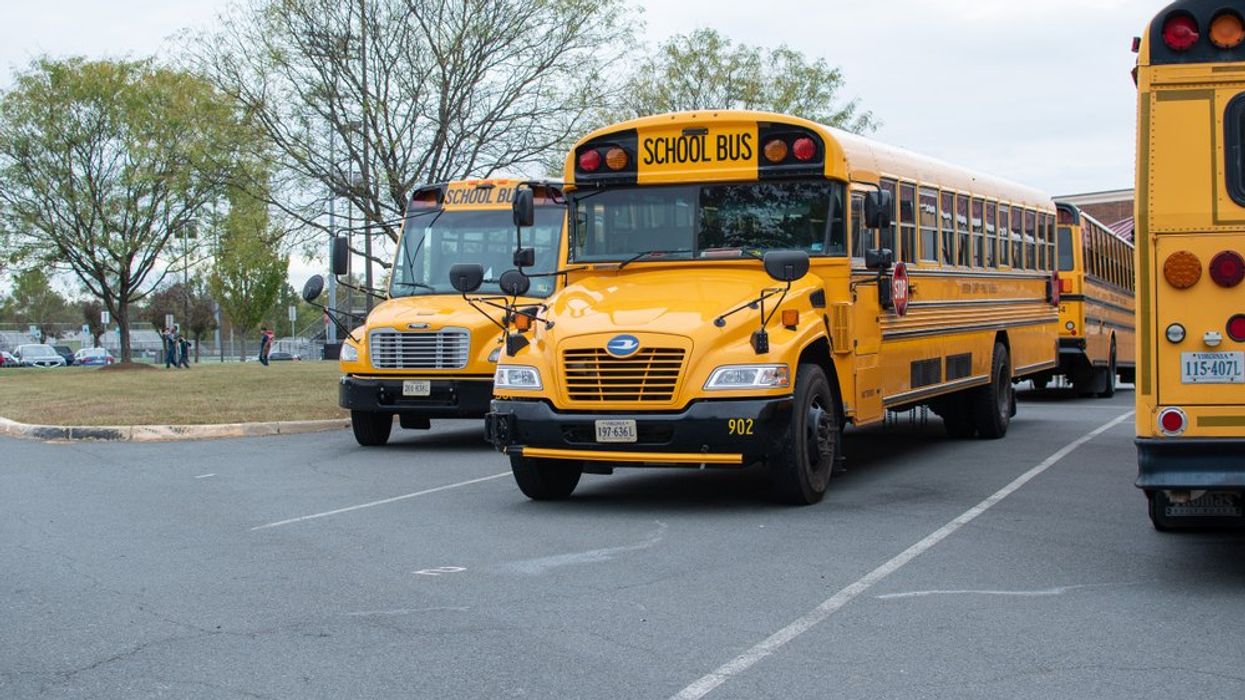In an effort to combat discrimination, Loudoun County Public Schools established a Bias Incident Reporting System. On Friday, a federal court ruled that the program could potentially violate the free speech of conservative students.
A probe into the Virginia county's schools found that the wealth division among its 80,000 students created a “hostile learning environment” for students of color. In response, the district established two programs to prevent racist bullying.
The Bias Incident Reporting System allows students to anonymously request administrative investigation into incidents of racism, and is used to report bullying and harassment from both students and staff. The Student Equity Ambassador Program allows a small group of students to meet with administrators and discuss racism in their schools.
Both programs were challenged in a lawsuit brought by conservative organization Liberty Justice Center on behalf of three parents in the district. The U.S. Court of Appeals for the 4th Circuit allowed the suit against the Bias Reporting System to move forward, writing that “allegations are sufficient to show that the bias reporting system caused the parents’ children to experience a non-speculative and objectively reasonable chilling effect on their speech.”
In their lawsuit, parents claimed that the programs “discriminate on the basis of viewpoint” and “prompt self-censorship.” They cited one presentation where a Student Equity Ambassador said that the comment “I don’t think that white privilege exists” was an example of bias.
“They allege their children’s views plausibly fell within what Student Equity Ambassadors in presentations about the program defined as microaggressions,” the court wrote. “And the parents allege that their children refrained from speaking on these issues because they feared that, if they did, fellow LCPS students would accuse them of bias.”
While it allowed the suit against the Bias Incident Reporting System, the court rejected the suit against the Student Equity Ambassador Program, saying that their children could not possibly have been censored, as they "never applied to be ambassadors nor even expressed an interest in participating in the program."
According to Loudoun schools spokesman Dan Adams, the Ambassador Program is “active and is open to all students who display a passion for equity, are willing to engage in conversations, will listen to learn, and will represent the voice of their peers.”
Both lawsuits were initially rejected by District Judge Anthony Trenga last year, who ruled that “the mere prospect of future injury through the Bias Reporting System is not sufficient to confer standing."
“It is constitutionally permissible for the [Loudoun County School Board] to sponsor a non-public forum to afford students of color an opportunity to discuss how race has affected their lives and educational experiences," he wrote.
Meredith Ray of Loudoun4All, a progressive parents’ group that has been advocating against racism in Virginia's school systems, told The Washington Post that it is not only reasonable for schools to have bias reporting systems, but it is necessary.
“We were happy to see that it was thrown out the first time around,” she said. “I find it interesting that they appealed again, but the fact of the matter is the school district does need something in place to deal with the amount of racial slurs and racial bias that is going on.”
The lawsuit against the Bias Incident Reporting System will now return to the district court, where Trenga will once again issue a ruling.


















































